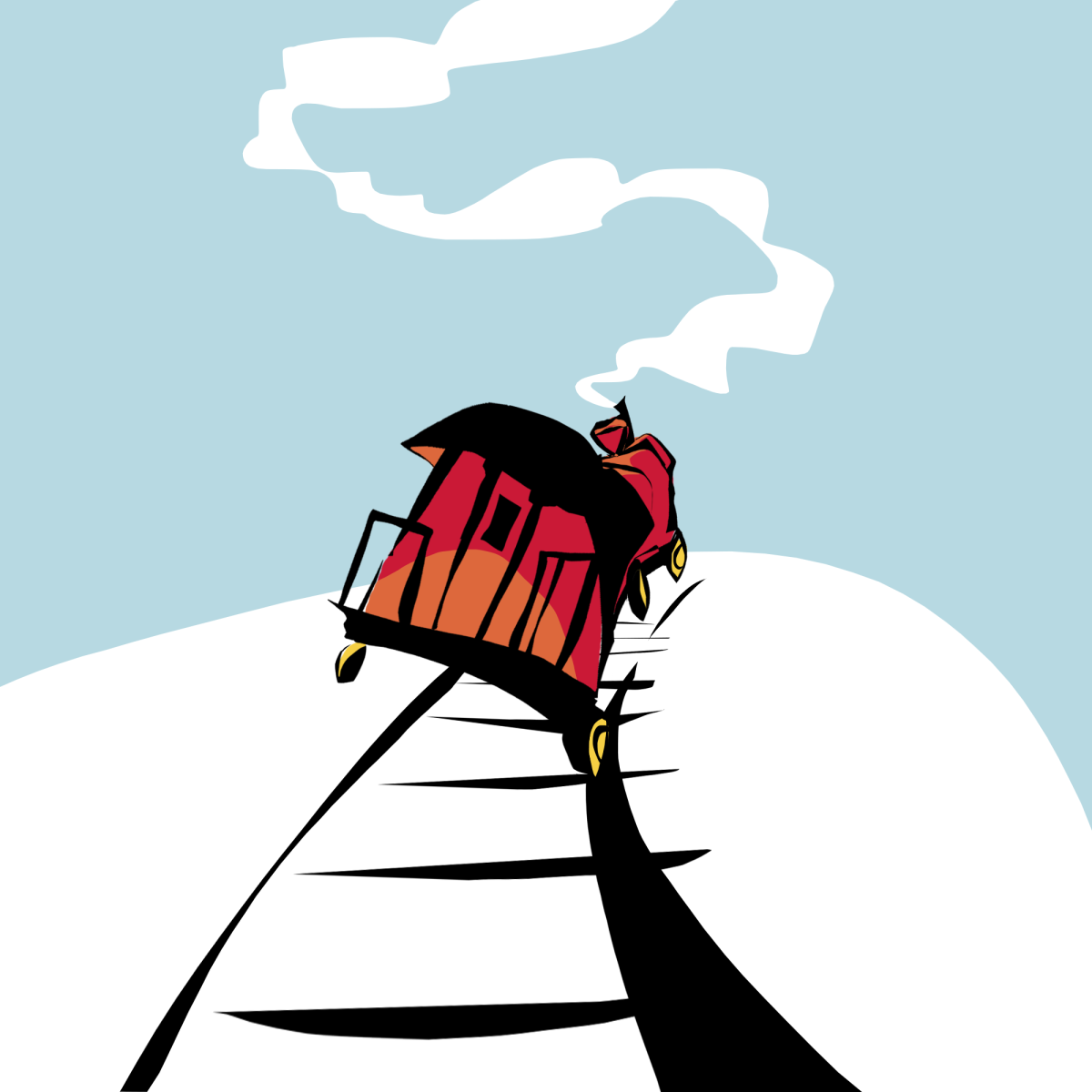The new year is here and we’ve all returned to Case Western Reserve University, our home away from home—flights have finally arrived in Cleveland, winter clothes have been unpacked and classes have started up again. Whereas the beginning of the spring semester and the anticipated return of academic responsibilities are enough to send chills down the spine of any student, the frigid temperatures are chilling us down to our bones. Campus has frozen over, making the transition back particularly difficult.
The windy and cold weather might seem like a harbinger of the challenging months ahead, and it’s difficult to get back on track after a break with no homework, projects or exams. But the start of a new year and semester also provides us with great foresight into how we can prepare for the future. During these first few weeks when class assignments are hopefully straightforward and lectures are focused on introductory material, we should consider what we can do now to set ourselves up for success later.
First, take some time to plan out the days and weeks ahead.
Setting a schedule and creating a routine is vital at the start of the semester. You’ll have much more breathing room now since assignments are few and classes are slow. Copy down your class schedule, either on something physical like a whiteboard or on your Google Calendar. Make it an active part of your day by placing it somewhere visible in your room or setting reminders on your phone so you don’t have to go through the stress of figuring out what you need to do. And if your professor added a weekly schedule to your syllabus handout on the first day of class, that’s even better. Set aside some time each week to work on assignments for each class, and try your best to stick to it. The syllabus can be a very helpful tool, so take advantage of it now.
Building routines can be challenging—New Year’s resolutions are of course infamous for almost always not being fulfilled—so instead of big, ambitious goals, focus on the smaller actions you can take. Ayelet Fishbach, a human motivation psychologist from the University of Chicago Booth School of Business, suggests focusing on the intermediate steps. In college, this can mean the actions you take between waking up and walking to class or the specific goals you set when you sit down and work on homework assignments and projects. Over time, forming routines from smaller chunks will help you get to where you need to be.
There are wonderful health benefits to routines: Medical professionals find that people are better able to manage stress, sleep better with bedtime routines, eat healthier by scheduling time for grocery shopping and are more active with exercise routines. You don’t have to plan out every minute of your day, but setting aside time for important responsibilities and obligations helps to remove some of the confusion in navigating daily living.
More generally, practicing effective organizational skills can contribute to a better and healthier life. Organizing your day can help to remove the mental clutter and stress associated with disorganization. Physical clutter, such as a messy and disorganized room, can be a huge weight on your shoulders; when faced with difficult classes, the stress can compound. Cleaning is one simple solution to this stress: Research shows that it can give you a sense of control over your environment, lead to feelings of satisfaction, reduce anxiety and even improve your physical health. If you’re feeling a little stressed as the semester moves forward, try cleaning up a little bit. Maybe make your bed, put away your clothes, organize your textbooks and notes—something small that can make your life just a little bit easier.
So, CWRU, as we get ready for another long haul and look at the months ahead—whether we’re looking to complete another year or anticipating graduation—let’s all take these useful strategies with us. Just do a little bit each day and try to find a routine that works for you. The path might seem long and winding, and even scary at times, but you can’t get to the finish line in one giant leap. Slowly, each accomplishment builds up, one after the other. Eventually, you’ll make it to your destination, and then you’ll finally be able to say, “I did it.”




